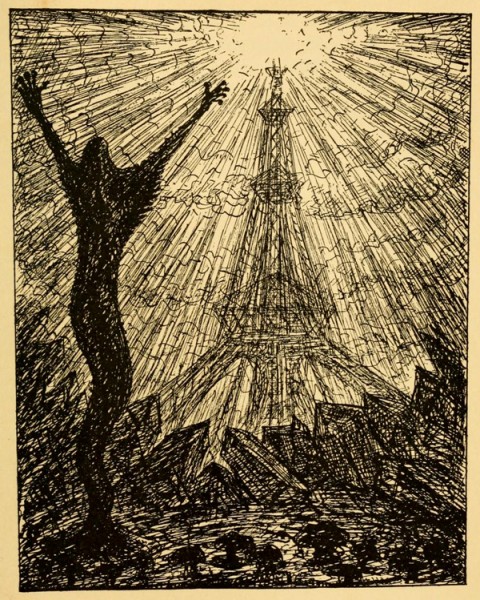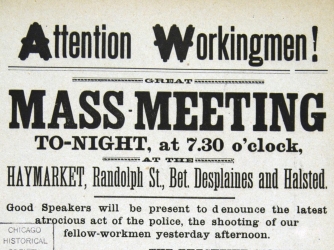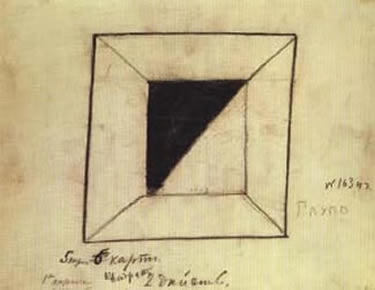
The Meaning of Pain
For admirers of the work of Walter Benjamin, a translation of Paul Scheerbart’s Lesabéndio: An Asteroid Novel is a major event. Benjamin’s interest in Scheerbart spans the whole of his career, from Gershom Scholem’s gifting him the book at his wedding to an essay on Scheerbart written near the end of his life. Most significantly, Benjamin intended to write an extensive essay on the book that was meant as a fulfillment of the claims set out in “The Destructive Character” and was to be provocatively entitled “The True Politician.” As the Benjamin literature grows, so does Scheerbart’s reputation.









